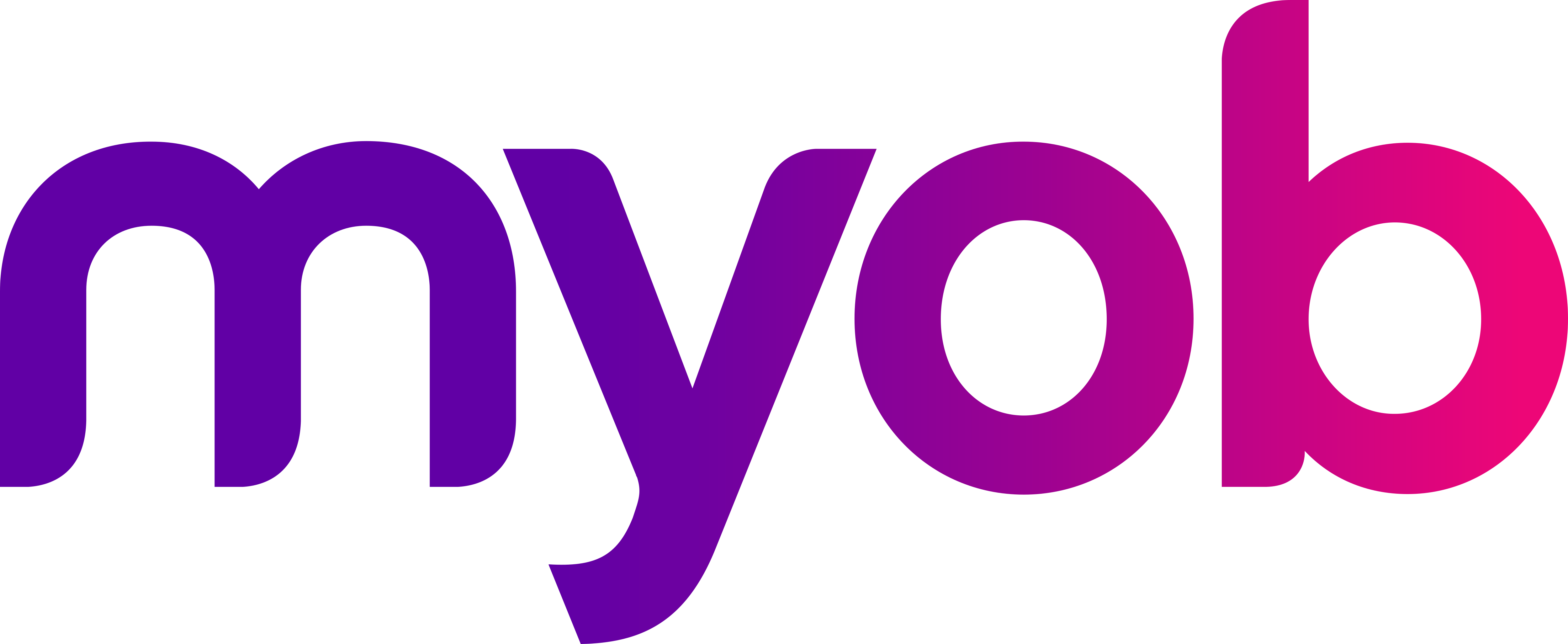As part of the 2023-24 Federal Budget, the federal government announced “payday super”, which will require you to make superannuation guarantee payments for your employees on the same time as their salary and wages.
Many businesses end up falling behind on their superannuation guarantee (SG) payments, and this measure essentially becomes a compliance check for the Australian Taxation Office (ATO). It will also help your employees achieve a better retirement.
The treasury commenced consultation for this measure on 9 October 2023 to receive feedback from industry groups and stakeholders.
Changes to be introduced by payday super
The treasury commenced consultation for this measure on 9 October 2023 to receive feedback from industry groups and stakeholders.
From 1 July 2026, employers will be required to pay their employees super at the same time as their salary and wages.
As per the consultation paper, payday would capture the frequency of SG payments ie each time a payment with an ordinary times earnings (OTE) component is made to an employee.
Two Payday Super models have been suggested, for employers to choose from:
- An “employer payment” model that requires payment of SG contributions on the day that payment of salary or wages are made; or
- A “due date” model that requires contributions to be received by the super fund within a certain number of days following payday.
Updating superannuation guarantee charge
As per the consultation paper, any changes to the calculation of the SG charge will be proportional to the level of non-compliance and ensure that it continues to penalise non-compliance, changes could include amendments to the rate of nominal interest and the size of the administration fee in a payday super model.
Under employment payment model, the SG charge could be based upon a requirement that the employer make the payment of an SG contribution on payday.
A due date model would require contributions to be received by a superannuation fund within a certain number of days following an employee’s payday.
The current reporting and data mechanisms do not provide a verifiable payment date data point that could be used to monitor payments in real-time, modern payment platforms such as the New Payments Platform (NPP) that provide real time updates could be used to provide the ATO oversight of the day that SG contributions are made.
Rectifying underpayments and tax deductibility
Employers will still be able to carry forward late payments to a future pay period instead of a future quarter, with employers still liable for the SG charge. This would ensure employees are no worse off and that employers can retain the tax deductibility of the payments carried forward.
Impact for your business
As payday super will not commence until 1 July 2026, your payroll service providers will have enough time to change their products and systems.
More frequent super payments will make your payroll management smoother with fewer liabilities building up on your books.
You will also have a considerably large window to adjust your cash flow practices and plan ahead for any changes that may be necessary.
Contact us
With this measure due to commence in the 2026-27 income year, you should reflect on your current cash flow practices and plan ahead for the increased frequency of super payments for a smooth transition.
We can help you with this business planning and help determine the best course of action based on your business needs, including any potential issues you have with pricing.
Please feel free to contact our office to discuss this further.







